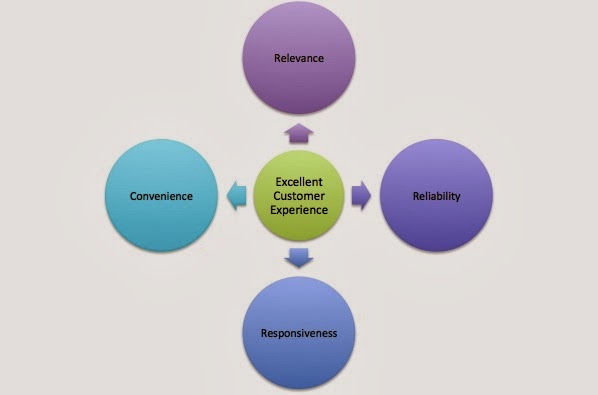This week I am attending the CEM in Telecoms and was in a panel discussing the best way to measure network experiences. Is there really a best way to measure what a subscriber experienced while interacting with the network? I am most familiar with the mobile network so let me share that that... There are several ways to measure network experiences such as
Device based measurement I think is the best way to measure actual network experiences, but it should be on a native level meaning individual subscribers can choose whether they want their experiences measured or not. On the device all experiences a subscriber have is measured even his or her own perception of the experience. Let's take the classic and annoying dropped call, as a subscriber when a phone call is terminated unexpectedly it is dropped call. In the network if a call is terminated unexpectedly but not seen as abnormal then it is is not a dropped call. Ever wonder why when you complained of a bad quality the mobile network operator seem not to care?
At the end of March there is a CEM event in Dubai organized by IQPC, one of the topics being discussed is "how can a service provider use the experiences of their subscriber to reduce operational cost." Now this makes most sense since mobile operators are actually having a benefit in knowing what you experienced as a subscriber instead of simply storing it. It should be very interesting to listen to experts on what they think.
- Network traces and recordings. All your interaction as a subscriber is recorded in the network, whether you have agreed with your mobile operator or not to record your interactions.
- Probes and DPIs. Same as in network recordings your interaction are recorded whether you like it or not, but more importantly all your usage information (user plane) are also recorded such as which websites have you visited, which applications you used, etc
- Device agents. This are applications either embedded or native that runs on your device and records your network interaction. In an embedded application like the default monitoring system device manufacturers employ or the one from Carrier IQ you are not able to opt-in, meaning you have no choice but to be recorded. In native application you can opt-in or opt-out much like you do with WhatsApp, Viber, Facebook, etc.
- Drive test. This does not actually measure your actual network experience but it tries to simulate your usage of the network.
Device based measurement I think is the best way to measure actual network experiences, but it should be on a native level meaning individual subscribers can choose whether they want their experiences measured or not. On the device all experiences a subscriber have is measured even his or her own perception of the experience. Let's take the classic and annoying dropped call, as a subscriber when a phone call is terminated unexpectedly it is dropped call. In the network if a call is terminated unexpectedly but not seen as abnormal then it is is not a dropped call. Ever wonder why when you complained of a bad quality the mobile network operator seem not to care?
At the end of March there is a CEM event in Dubai organized by IQPC, one of the topics being discussed is "how can a service provider use the experiences of their subscriber to reduce operational cost." Now this makes most sense since mobile operators are actually having a benefit in knowing what you experienced as a subscriber instead of simply storing it. It should be very interesting to listen to experts on what they think.


